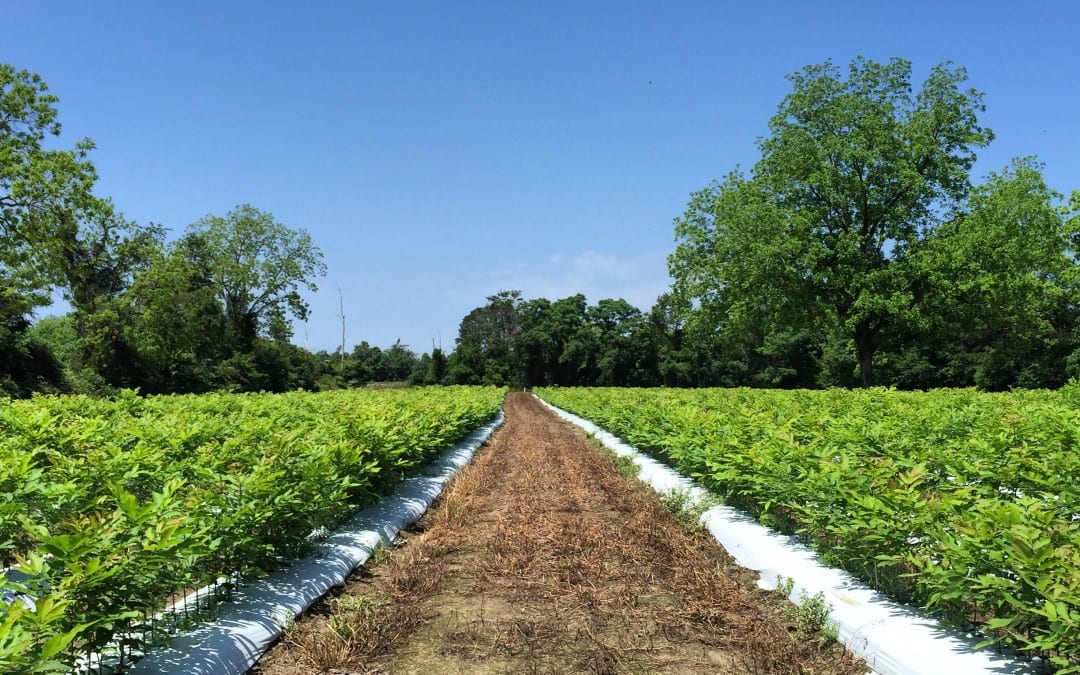How To Find Perfect Pecan Trees for Sale
As is the case with most other plants, there are a wide variety of pecan trees for sale. The variability shows up through a handful of different factors. And depending on your particular area, climate, and needs are from your tree, choosing the correct variety can make a world of difference.
So what are the major differences between Georgia pecan trees? And where can you find pecan trees for sale? We’ll look at all the variables that separate the different varieties of pecan trees. Once you know what to look out for, you can make a more informed decision as you peruse pecan tree sales.
These are the main factors that differentiate Georgia pecan trees. Be sure to understand how your chosen tree is affected by these variables when researching pecan trees for sale.
First Bearing
Pecan tree sales don’t always produce nuts at the same time. The age at which a tree first bears nuts is also known as the precocity of the tree. Pecan trees for sale are described as precocious if they begin bearing nuts at a relatively early age. This needs to be weighed against your long-term goals, however. Precocious trees might produce nuts earlier, but the quality tends to degrade over time as a result of overloading. However, this can be addressed with various management tools to diminish the negative effects.
Our Pecan Tree Nursery has many varieties of pecan trees for sale to choose from. Visit Pecan Tree Sales today!
Alternate Bearing
The yearly production of a pecan tree is not always consistent. This is what’s referred to as “alternate bearing.” Trees that exhibit alternate bearing will have a healthy, productive crop one year, followed by another year where the harvest is of poor quality and low numbers. This can be brought on by excessive crop loads leaving the tree depleted for the following year, or growth regulators suppressing the production of flowering buds. Pecan tree varieties are indexed to their potential for displaying tendencies associated with alternate bearing.
Nut Maturity
The date at which pecan trees produce mature nuts that are ready to harvest differs between varieties. Early nut maturity means the nuts are ready to harvest early in the year. This puts the harvester in a good position to have their product ready for the holiday season toward the end of the year—the prime season for pecan recipes. This allows the harvesting to take place in more favorable weather, but if you are not prompt, squirrels and birds can take a large portion of your nuts. The time at which the nuts mature is due to the variety of the tree, and your local climate will dictate the varieties that should be grown in your area.
Pollination Type
You will notice that Georgia pecan trees for sale will have both male (catkins) and female (nut cluster) flowers. Pollination between these flowers is required for nut production. However, pecan trees are separated into two types:
Type I pecan trees release pollen from the catkins, but the nut clusters don’t become receptive until later.
Type II pecan trees become receptive to the pollen before the catkins release the pollen.
This means pecan trees are more likely to be pollinated when they are grouped together with different varieties. The goal is to group together of types of pecan trees so they pollinate each other when the time comes.
Nut Size and Quality
There’s a delicate balance to finding your preferred type of pecan tree for sale when considering the size of the nut it will produce. On one hand, people generally prefer larger nuts. They are easier to sell. And since pecans are typically sold by the pound, larger nuts means it will take fewer nuts to reach a pound. However, larger nuts are more difficult to fill while maintaining high quality kernels. Nut quality directly relates to these kernels. Shells can occasionally grow thick, which leaves less room for the edible kernel inside. This is stated as the percent kernel for a nut, and a higher percent means a thinner shell.
Scab Resistance The pecan scab is a major threat for Georgia pecan trees. This is a fungus that can severely damage pecan trees. General factors of the climate as well as the susceptibility of particular varieties dictate how much of a threat pecan scab can be. Many trees require multiple applications of fungicide throughout the growing season. And just as there are multiple varieties of pecan trees for sale, there are also multiple varieties of the scab fungus. It is a good idea to research the susceptibility of different varieties when searching for pecan tree sales.
Visit Georgia Pecan Nursery and peruse our various pecan trees for sale today!

